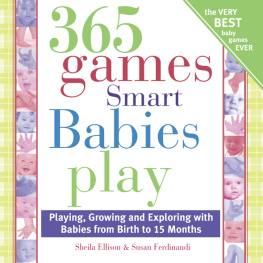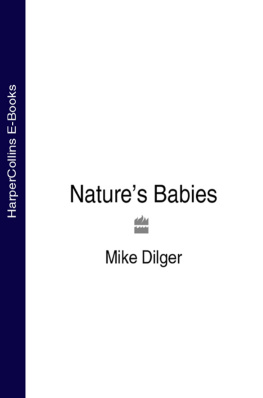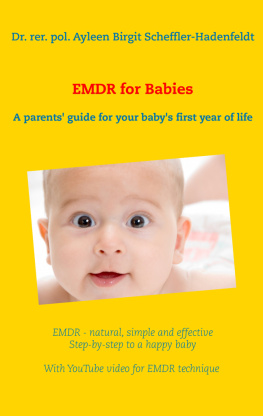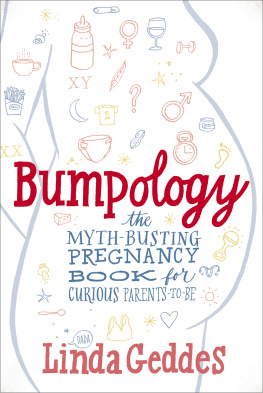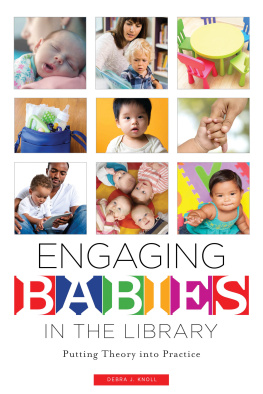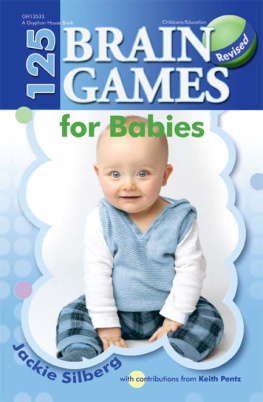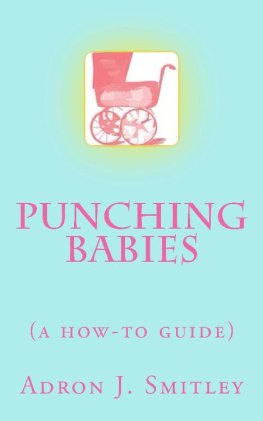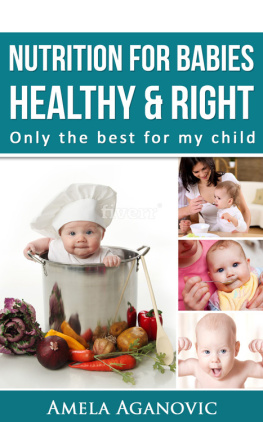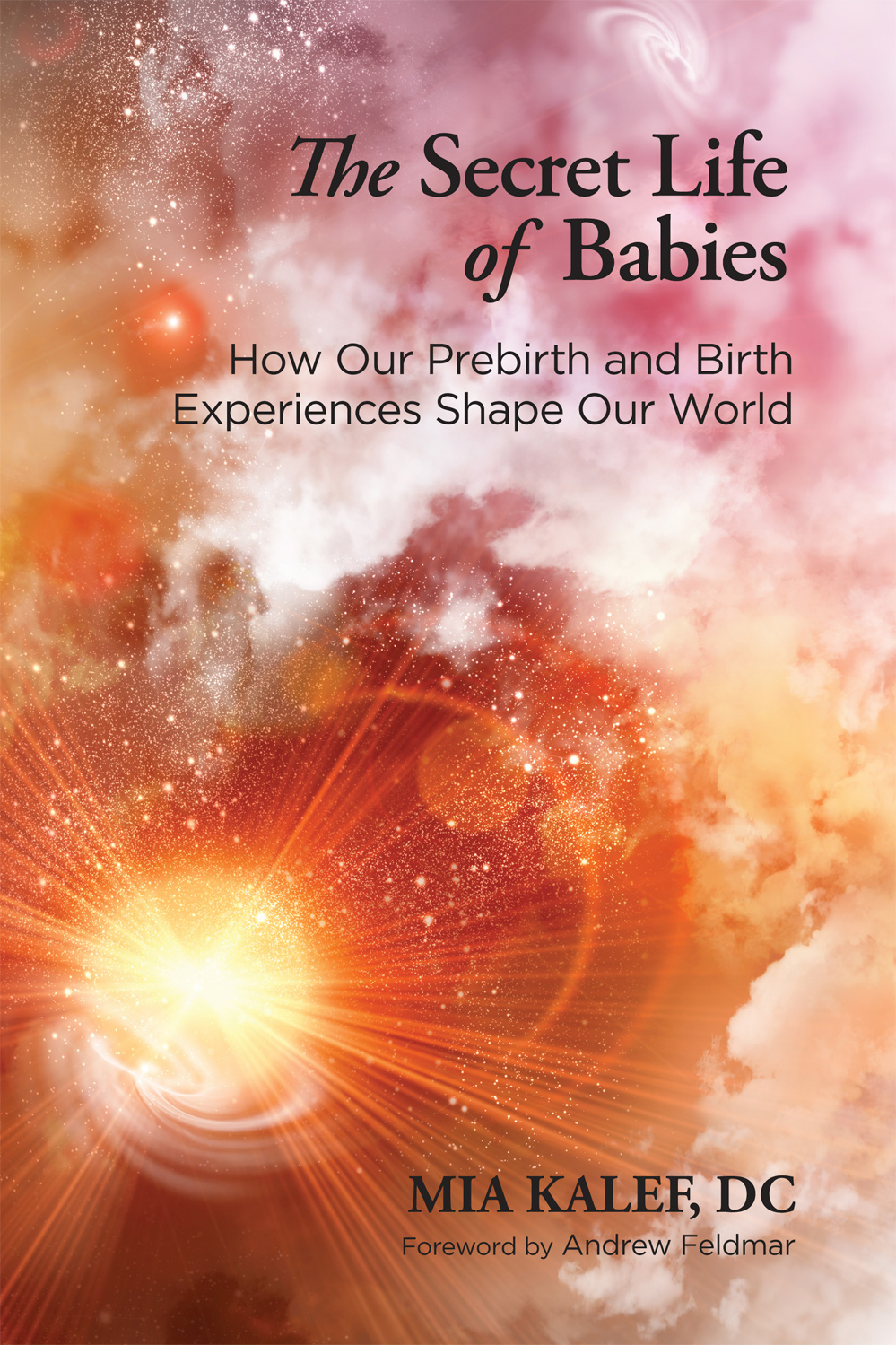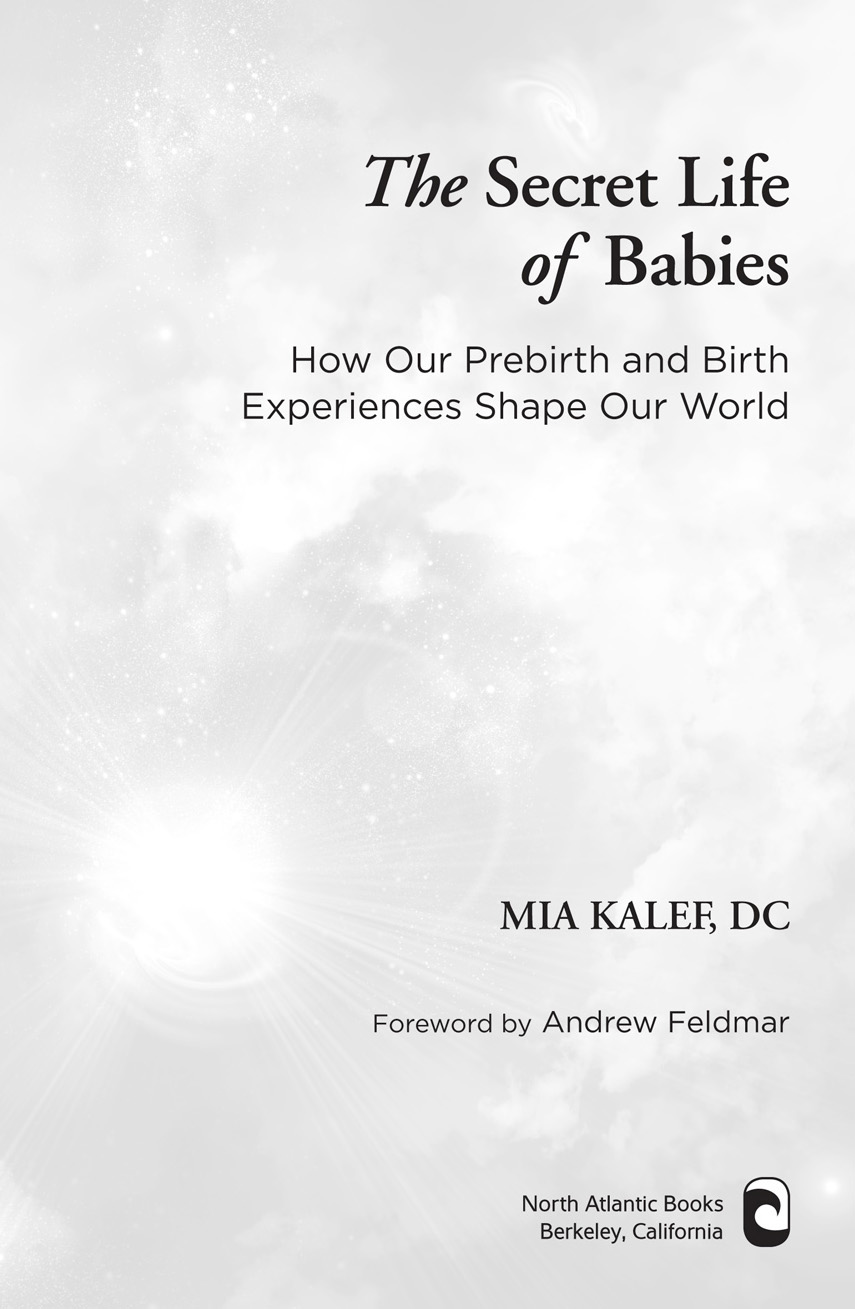Praise for The Secret Life of Babies
At a time when our cultural lack of understanding of the birth process has reached an extreme degree, the world needs practitioners such as Mia Kalef.
Michel Odent, MD, author of Childbirth and the Future of Homo Sapiens
Mia Kalef provides major evidence for the existence of sentience and experience in the womb. She defends with good arguments that our collective denial of this truth impacts negatively how we deal with pregnancy and prenatal mother-child interaction, which itself leads to severe disturbances in our relationships with ourselves, each other, and the global community of life. She provides clear and efficient procedures to help us recognize and overcome early traumatic imprints so that we may be in harmony with the stream of life. This book is a firm and reliable plea to reevaluate the secret life of babies and see how they are emissaries of a lost wisdom that has the power to set us on a more wholesome and balanced course.
Jaap Van Der Wal, PhD, author of The Embryo in Us, and former professor of anatomy and embryology, University of Maastricht, Holland
Mia Kalef has written a book that brings science to a level from which everyone can understand and benefit. She cites interesting studies from around the world animals, the human species, history, and various cultures. With vivid and yet simple depictions of how prenatal and birth experiences can support a persons/familys quest for change and health, her words remind us that it is never too late to heal.
Judyth O. Weaver, PhD, somatic and perinatal therapist, and co-founder and professor, Santa Barbara Graduate Institute
Its a pleasure to read Dr. Kalefs comprehensive and empathetic book, in which she describes the deep influences human early life have on later physical, emotional, and social conditions. She describes the social and historical backgrounds for why we dont know this and invites us to her Intuitive Recovery Project for finding a new, more sustainable personal connection to these concepts. This great book helps us understand the very real social implications of the prenatal time and to deepen our understanding of ourselves within it.
Rupert Linder, MD, past president, International Society of Prenatal and Perinatal Psychology and Medicine, and specialist for gynecology, obstetrics, psychosomatics, and psychotherapy
Dr. Mia Kalefs The Secret Life of Babies is an illuminating read, and a revelation. Not only a book for new and expecting parents, Kalefs book will make readers think about the circumstances surrounding their own birth and how this could be the basis of some of the traumas and inhibitions, and even addictions they experience as adults. Incorporating both detailed case studies and broader overviews of history and culture, the book is a wake-up call for people to pay more attention to prenatal and perinatal conditions and take a hard look at the way that society treats women and mothers, and ask themselves if its time for a change.
Jenny Uechi, managing editor, The Vancouver Observer
Copyright 2014 by Mia Kalef. All rights reserved. No portion of this book, except for brief review, may be reproduced, stored in a retrieval system, or transmitted in any form or by any meanselectronic, mechanical, photocopying, recording, or otherwisewithout the written permission of the publisher. For information contact North Atlantic Books.
Published by
North Atlantic Books
P.O. Box 12327
Berkeley, California 94712
Cover and book design by Suzanne Albertson
Cover image Sergey Nivens/Shutterstock.com
William Stafford, excerpt from Climbing Along the River from The Way It Is: New and Selected Poems. Copyright 1991, 1998 by William Stafford and the Estate of William Stafford. Reprinted with the permission of The Permissions Company, Inc. on behalf of Graywolf Press, Minneapolis, Minnesota, www.graywolfpress.org.
The Secret Life of Babies: How Our Prebirth and Birth Experiences Shape Our World is sponsored by the Society for the Study of Native Arts and Sciences, a nonprofit educational corporation whose goals are to develop an educational and cross-cultural perspective linking various scientific, social, and artistic fields; to nurture a holistic view of arts, sciences, humanities, and healing; and to publish and distribute literature on the relationship of mind, body, and nature.
North Atlantic Books publications are available through most bookstores. For further information, visit our website at www.northatlanticbooks.com or call 800-733-3000.
The Library of Congress has cataloged the printed edition as follows:
Kalef, Mia, 1972
The secret life of babies: how our prebirth and birth experiences shape our world / Mia Kalef; foreword by Andrew Feldmar.
pages cm
Includes bibliographical references and index.
ISBN 978-1-58394-803-3 (pbk.: alk. paper)
1. Infant psychology. 2. Infant development. I. Title.
BF719.K35 2014
155.422dc23
2013026870
Electronic Edition: ISBN 978-1-58394-804-0
v3.1
To all those yet to be born
The Embryo is the Universe writing itself on its own Body.
Richard Grossinger, Embryogenesis: Species, Gender, and Identity
CONTENTS
CHAPTER 1
The First Principle: Babies Remember Their Experiences
CHAPTER 2
The Second Principle: Consciousness Precedes the Brain Architecture That Supports It
CHAPTER 3
The Third Principle: Babies Are Our Barometers
CHAPTER 4
The Fourth Principle: It Is Never Too Late to Heal
CHAPTER 5
The Intuitive Recovery Project
CHAPTER 6
Summary
FOREWORD
Although without exception, in all cultures, past and present, all human beings share very similar beginnings; by the time we are adults, we can hardly recollect this source of shared humanity. All newborns are Stone-Age babies but born now to twenty-first century mothers of vastly different cultures, nations, and circumstances.
How this entry is negotiated; how sensitively we welcome and adapt to the new arrival; and how forcefully, impatiently, and ignorantly we demand adaptation from the babythese all shape and determine later habit patterns, hopes and fears, character, personality, and the unique flavor of being oneself in the world.
There is no organism without an environment. As soon as my fathers sperm spilled its genetic load into my mothers egg, the very moment the zygote that was my beginning clicked into being, I was already in my mothers fallopian tube. The environment/organism interaction can be +, , or 0. The environment can be facilitating, nourishing, supportive, hostile, destructive, exploiting, or neutral (neither + nor ). Evidence from various sources indicates that we remember these interactions and, at a perhaps cellular level, learn to anticipate more of what our experience was. We project into the future what has already happened. A run of + sets us up for expecting more +, a run of , similarly. This might explain the tragic truth that the rich get richer and the poor get poorer.
Otto Rank, Nandor Fodor, Francis J. Mott, Lietaert Peerbolte, Frank Lake, R. D. Laing, Stanislav Grof, Elizabeth Fehr, and Thomas R. Vernyjust to mention a fewby now have explored, pioneered, and mapped out the birth realm against overwhelming skepticism, opposition, and ridicule. Mia Kalefs book belongs in this tradition.


